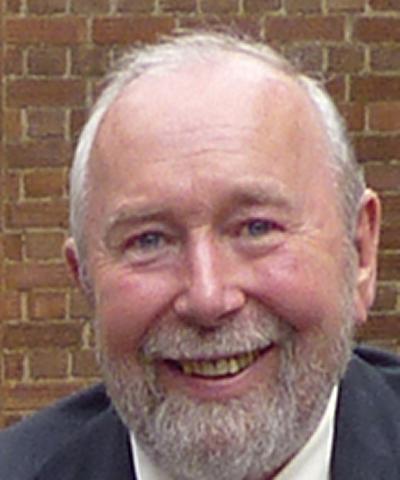Southampton scientists recognised in Queen’s New Year’s Honours

Two University of Southampton scientists have been recognised in the Queen’s New Year’s Honours list. Emeritus Professor Paul Tyler has been awarded an MBE and Visiting Professor Peter Sonksen an OBE. Professor Tyler, who was based at the National Oceanography Centre, Southampton (NOCS) has been awarded the honour as a result of his research into deep-sea biology, whilst Professor Sonksen has been recognised for his role in the development of an anti-doping test for growth hormone – used successfully at the London 2012 Olympic and Paralympic Games.
Professor Peter Sonksen
Professor Peter Sonksen’s research into the abuse of Human Growth Hormones (HGH) in sport has been recognised with an OBE. The research carried out by an international group of scientists and led by Professor Sonksen resulted in the development of a new test to detect abuse of HGH in athletes. Originally leading the Growth hormone (GH)-2000 research group, they developed a test to detect growth hormone and delivered it to the International Olympic Committee (IOC) in January 1999, in time for implementation at the 2000 Sydney Olympics. Delays by the IOC and the need for further refinement and validation by the GH-2004 research team (led by Professor Richard Holt at the University of Southampton) meant that the research had its first successful application at the London 2012 Games, detecting two Paralympic power-lifters using HGH."
Professor Sonksen says: “Before the Sydney Olympics, the IOC was calling for a test for HGH abuse and the GH-2000 research team had come up with the science needed to establish this ahead of the Games. However, for various reasons the test was not used until 2012 in London. It is essential to be accurate with these tests, because a positive test for HGH could ruin a career and there is no room for mistakes.”
With a career spanning four decades, Professor Sonksen has acted as an advisor to the International Olympics Committee (IOC) and been called upon for his expertise by many . He comments: “I am surprised, proud and delighted to receive this award in recognition of the immense amount of research that has resulted in this new test for HGH abuse. This work would not have been possible without successful collaboration between research teams in the UK and Europe.”